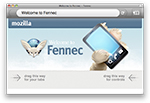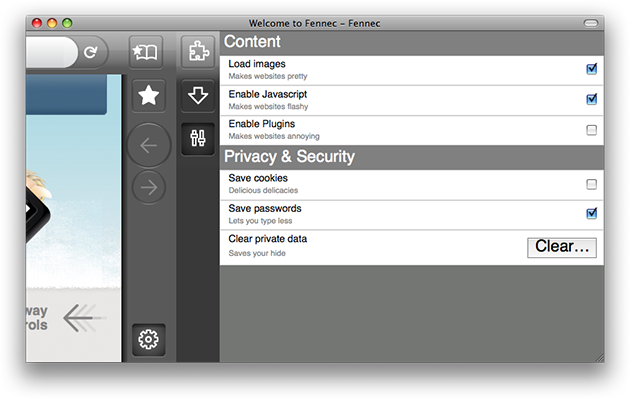Pew / Internet just released their latest installment of “The Future of the Internet” where they ask various people what the Internet will be like 20 years from now. I think the fact that this is only Pew’s 3rd installment in the series speaks volumes.
Think about where the internet was 20 years ago — heck — 10 years ago and you can see it’s daunting to even attempt and imagine what anything will be like 20 years from now. I’d be tempted to guess jetpacks for everyone (solar-powerered, natch), food in pill form and (tastefully) metallic clothing. That, or a zombie-infested, post-apocalyptic dust bowl with ragged clothing.
With a quick scan through the responses to a question about the future mobile technology, I’d peg a lot of the predictions becoming reality in the next 2 – 5 years (if they’re not already here now. For example, “Voice recognition and touch user-interfaces with the internet will be more prevalent and accepted by 2020.” Somebody should get these folks an iPhone.
Another example; “The divisions between personal time and work time and between physical and virtual reality will be further erased for everyone who is connected, and the results will be mixed in their impact on basic social relations” — I think that’s in my job description.
On a semi-related note, Kevin Kelly has a great talk on the next 6,500 days of the web. His position—which I agree with—is the web of the future will be radically different that what we know and love today.
Hat tip to Advertising Lab


